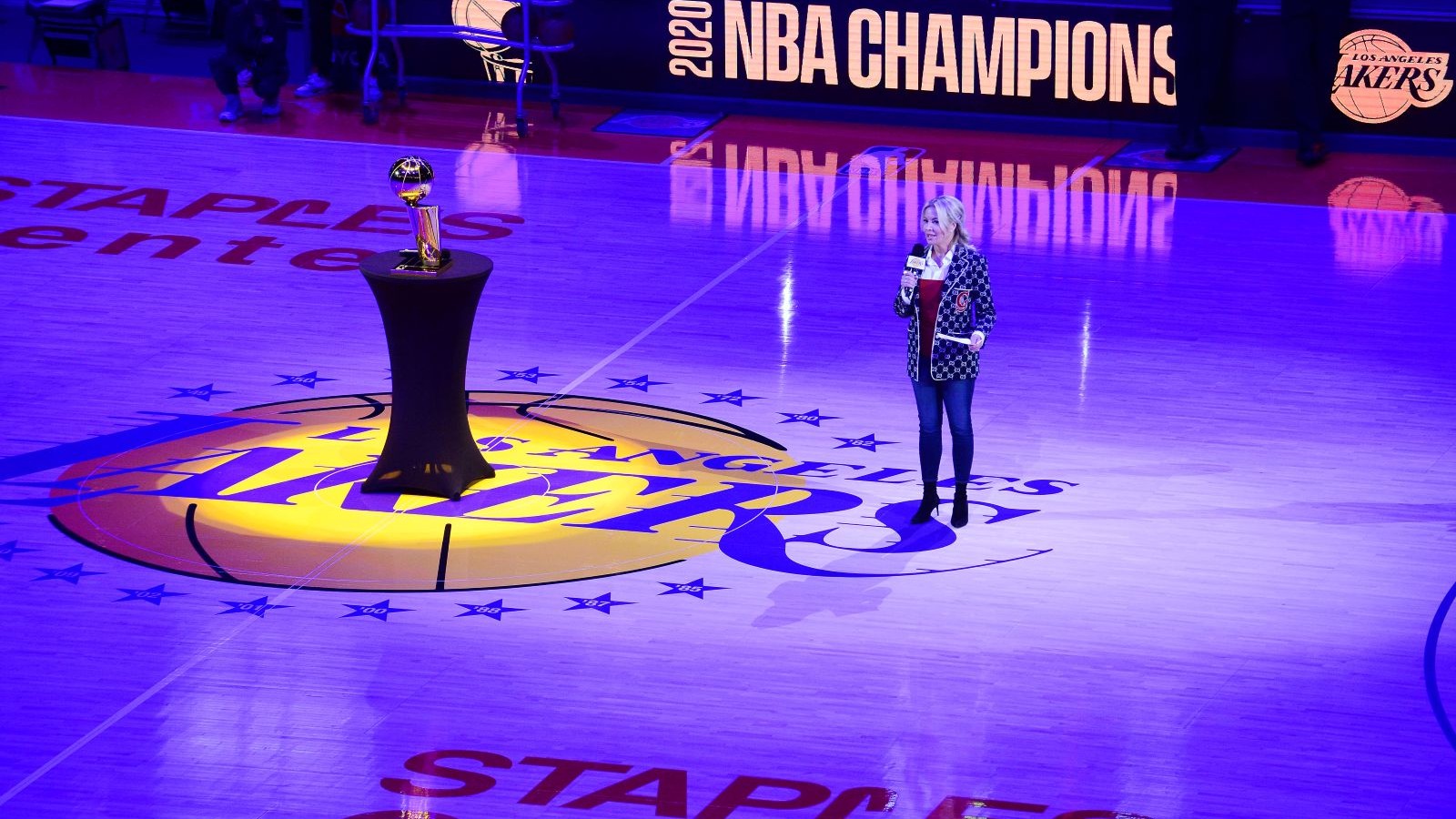The Record-Breaking Sale of the Los Angeles Lakers
On a momentous Wednesday, the Los Angeles Lakers became the most expensive sports team in history, selling for a whopping $10 billion. This landmark deal involved the Buss family selling the legendary franchise to a consortium led by Mark Walter, the CEO of Guggenheim Partners. The sale marks a significant shift in the sports landscape and continues the trend of skyrocketing valuations in professional sports.
A Legacy of Success
Under the Buss family’s ownership, which lasted 45 years, the Lakers won an astounding 11 NBA championships. This remarkable legacy of success has positioned the Lakers not just as a basketball team, but as one of the most iconic franchises in sports history. The sale to Walter, who previously held a minority stake in the team, suggests a continuity of commitment to excellence but also opens new avenues for investment and growth.
The Trend of Escalating Sports Franchise Values
The Lakers’ record-setting sale is part of a broader trend in which the values of sports franchises are inflating at an unprecedented rate. Just a few years back, the sale of a major sports team for over $2 billion was considered monumental. Fast forward to today, and not only have we surpassed that figure, but we are witnessing multiple franchises fetching prices in the billions.
A Peek into Other Major Sales
The Lakers are not alone in this financial whirlwind. Here’s a closer look at the ten most expensive sports team sales in U.S. history:
10. Carolina Panthers – $2.275 Billion
In 2018, David Tepper purchased the Carolina Panthers for $2.275 billion. His tenure has seen a bumpy ride, with no playoff appearances over seven seasons, leaving fans questioning the direction of the franchise.
9. Brooklyn Nets – $2.35 Billion
Joe Tsai acquired the Brooklyn Nets in 2019 for $2.35 billion and aimed high, bringing in star players like Kyrie Irving and Kevin Durant. Despite big-name signings, the franchise has struggled to find consistency.
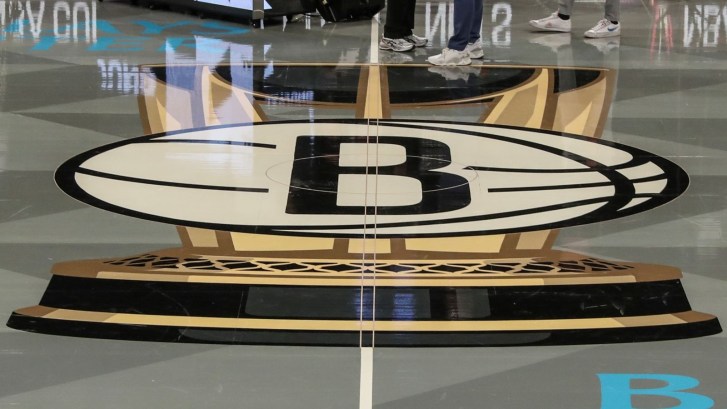
8. New York Mets – $2.4 Billion
Steve Cohen’s purchase of the New York Mets for $2.4 billion in 2020 marked a new chapter for the baseball franchise, promising a willingness to spend aggressively to build a winning team.

7. Charlotte Hornets – $3 Billion
The Charlotte Hornets saw a recent change in ownership when Gabe Plotkin and Rick Schnall acquired the team in 2023 for $3 billion. However, early results indicate a rocky start for the new regime.
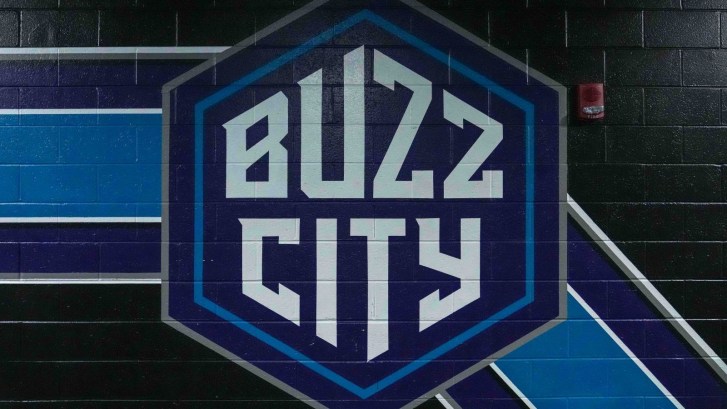
6. Dallas Mavericks – $3.5 Billion
In a surprising move, Mark Cuban sold his majority stake in the Dallas Mavericks in 2023 to Miriam Adelson and Patrick Dumont for $3.5 billion, although Cuban still retains a minority stake.
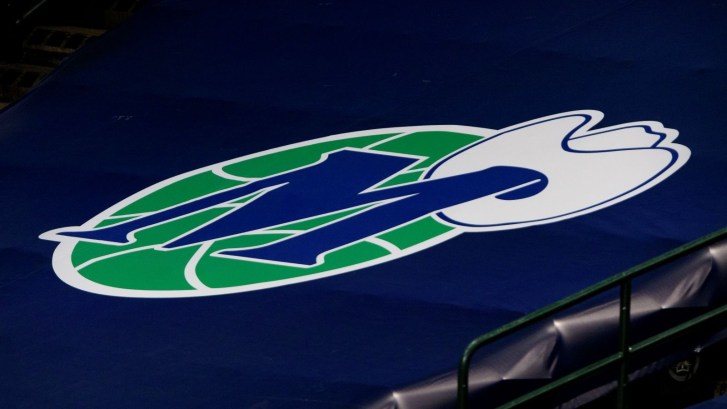
5. Phoenix Suns – $4 Billion
The Phoenix Suns were sold to Mat and Justin Ishbia for $4 billion in 2022, following a tumultuous ownership era. The new owners are keen on building a competitive roster quickly.
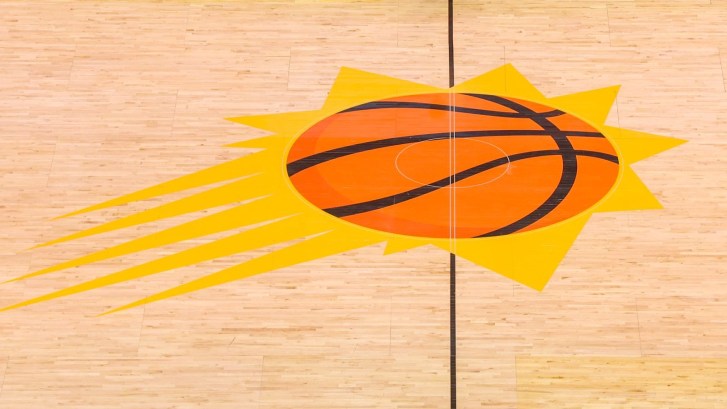
4. Denver Broncos – $4.65 Billion
Rob Walton led a consortium to purchase the Denver Broncos for $4.65 billion. The organization aims for revitalization with a new executive team in place.
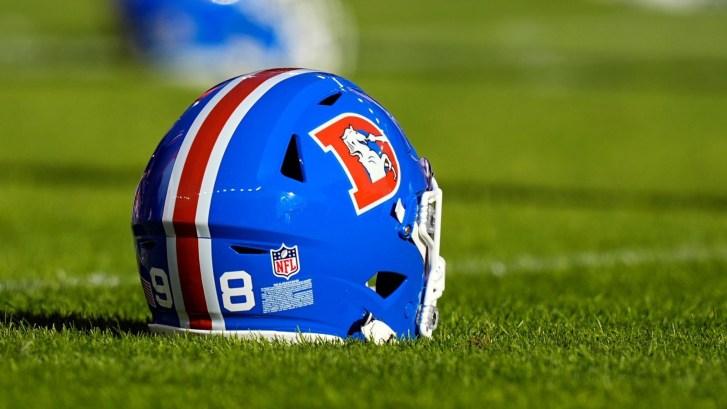
3. Washington Commanders – $6.05 Billion
The Washington Commanders made headlines in 2023 when a group led by Josh Harris purchased the team for $6.05 billion, focusing on restoring the franchise’s reputation.
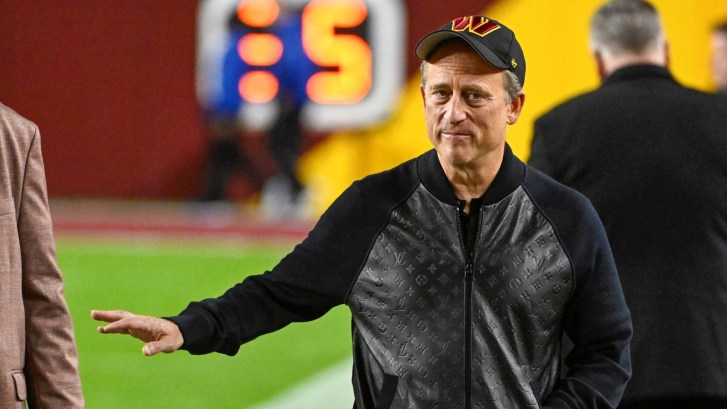
2. Boston Celtics – $6.1 Billion
In another surprising move, the Boston Celtics were sold for $6.1 billion after a championship win, securing a promising future under their new ownership.
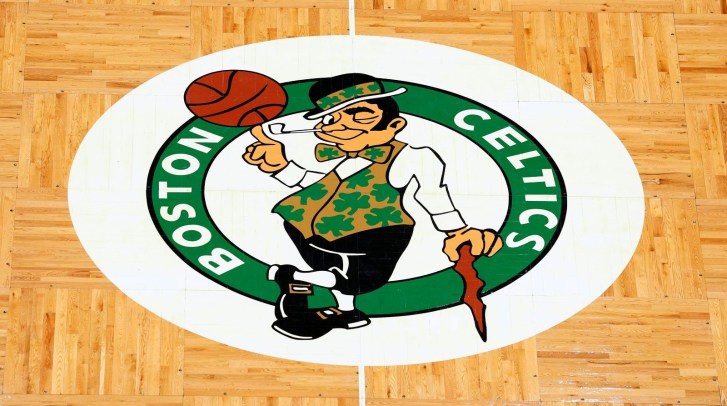
The Shock and Awe of the Lakers’ Sale
The Lakers’ rating firmly establishes them at the pinnacle of sports franchise values. It’s not only an incredible financial feat but also signals a change in how franchises are viewed in terms of investment potential.
Mark Walter, alongside his ownership interests in both the Los Angeles Dodgers and now the Lakers, is likely to leverage this appeal to escalate the team’s prominence even further.
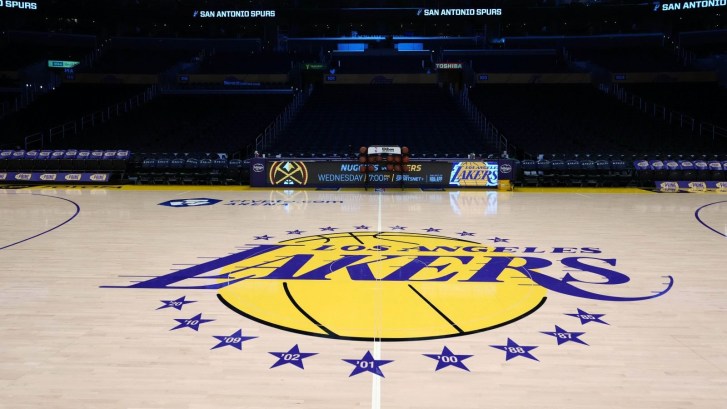
The transformation in ownership and financial status of these franchises paints a vivid picture of changing dynamics in American sports, illustrating both the insatiable demand for sports entertainment and the lucrative nature of team ownership. As we transition further into this new era, the question on everyone’s mind is: what lies ahead for the Lakers and the rest of the league?

